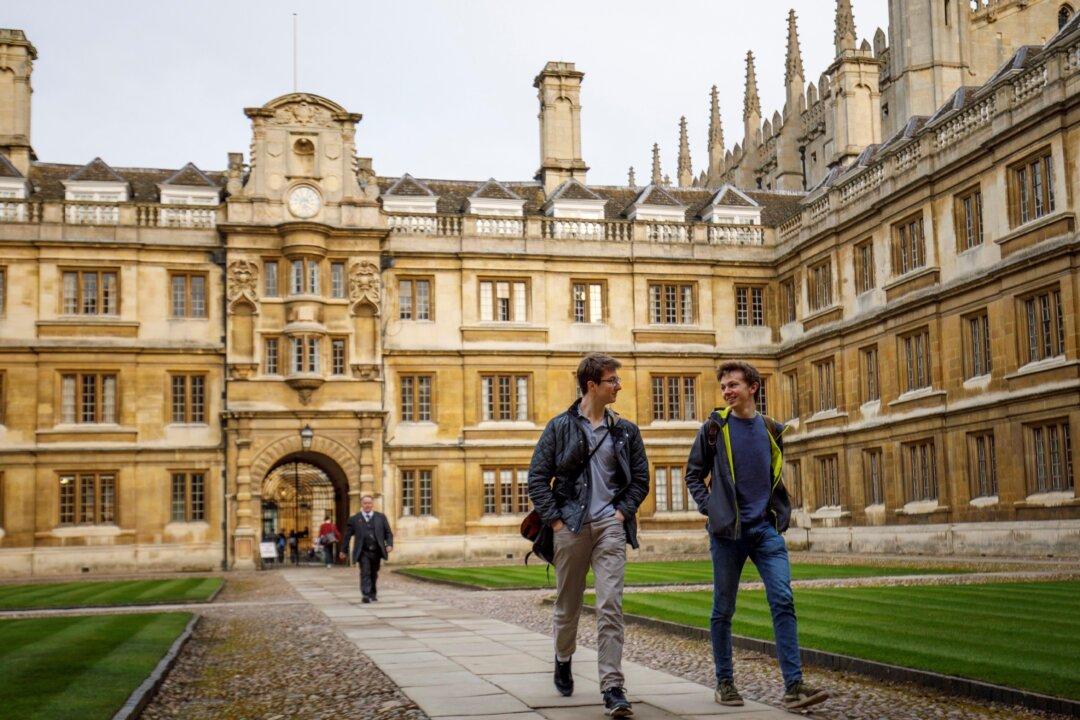Top British universities may be unwittingly assisting China’s military forces in their development of weapons of mass destruction by allowing them access to cutting-edge research, a social policy think tank has said.
In research published on Monday (pdf), Civitas, the Institute for the Study of Civil Society, said that the “pervasive presence of Chinese military-linked conglomerates and universities in the sponsorship of high-technology research centres in many leading UK universities” is being largely overlooked.





